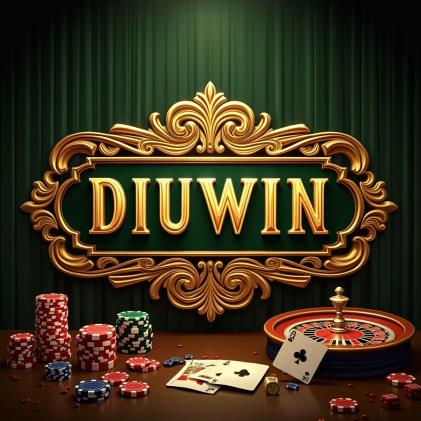Exploring the Strategic Depth of Goa Game: A Journey Through Trade and Prosperity
In the vast world of board games, few titles manage to blend historical richness with deep strategic planning as effectively as Goa: A Game of Trade, Colonization, and Expansion. First released in 2004 by renowned designer Rüdiger Dorn, Goa offers a compelling experience for those who enjoy thoughtful planning, economic growth, and the thrill of building an empire.
A Glimpse into the Spice Route
Goa transports players to the 16th century, during a time when Portuguese traders were exploring the rich lands of India. The region of Goa, known for its vibrant spice trade, serves as the backdrop. In this game, players take on the role of ambitious merchants looking to expand their influence through trade, exploration, and development.
Unlike many games that lean heavily on chance, Goa challenges players to think ahead. Every move must be calculated, every resource managed with care, and every opportunity weighed for its long-term value.
Gameplay Overview
Goa game is played over two rounds, each consisting of four phases. The game board features a grid of tiles that represent various opportunities—plantations, ships, colonies, and other valuable resources. During each phase, players participate in an engaging bidding and development system to claim tiles and take actions.
What makes Goa stand out is its action system. Players can upgrade their abilities over time, including increasing their income, expanding their fleet, or enhancing their spice production. Each improvement makes future actions more efficient, rewarding smart, forward-thinking gameplay.
Additionally, players can explore new territories, establish colonies, and ship spices to gain advantages. But progress is never guaranteed—balancing short-term gains with long-term investments is key to success.
Why Goa Still Shines
More than a decade since its original release, Goa remains a favorite among fans of mid-to-heavy strategy games. Here’s why:
- Elegant Mechanics: The game strikes a fine balance between complexity and clarity. It’s deep enough to satisfy experienced gamers but doesn’t overwhelm with unnecessary rules.
- Replayability: Variable setup and different player strategies ensure that no two games feel the same.
- Thematic Immersion: Despite being a Euro-style game, Goa manages to evoke a strong sense of place and purpose, drawing players into the world of maritime trade and colonial ambition.
Tips for New Players
- Plan Your Path: Early decisions set the tone for the rest of the game. Choose a development path that complements your starting resources and goals.
- Watch Your Rivals: Keep an eye on what others are improving. Denying a key tile to an opponent can be just as effective as gaining one for yourself.
- Adapt and React: While long-term planning is essential, the ever-changing state of the board requires flexibility.
Final Thoughts
Goa is more than just a board game—it’s a thoughtful exercise in growth, strategy, and adaptation. Whether you’re expanding plantations, building a fleet, or exploring new regions, every turn in Goa feels meaningful.
For players seeking a rewarding experience rooted in historical flavor and strategic depth, Goa continues to be a gem worth revisiting again and again.







